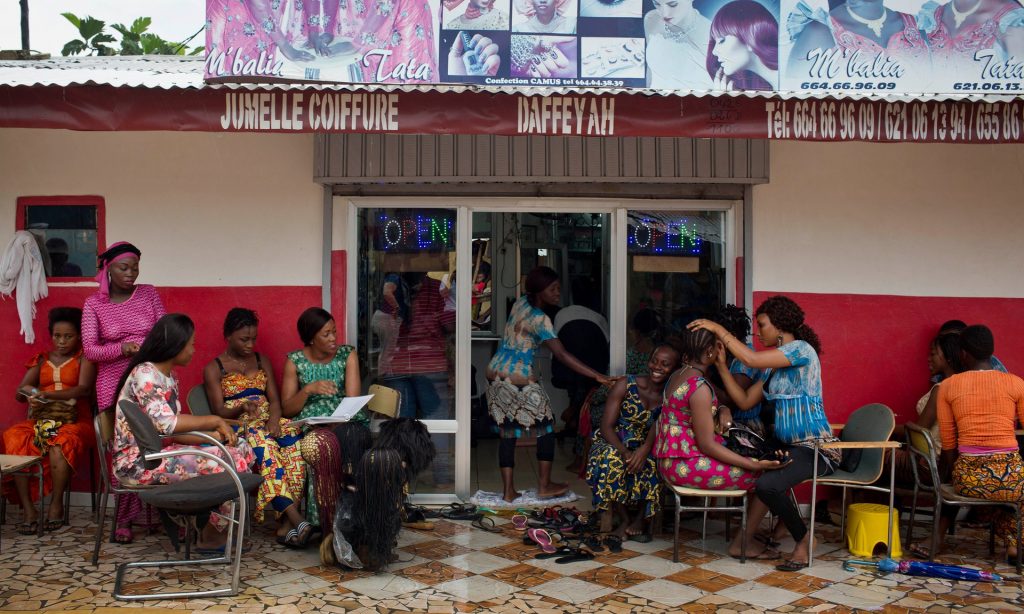A new study published by the Guttmacher Institute weekend revealed that contraceptive services and maternal and newborn health (MNH) services fall far short of needs in developing regions like Nigeria.
The study entitled: “Adding It Up: Investing in Contraception and Maternal and Newborn Health” 2017, found that 214 million women in developing countries want to avoid pregnancy but for a variety of reason are not using a modern method of contraception.

Photograph: Kate Holt
Also it discovered that tens of millions of women do not receive the basic pregnancy and delivery care they need to protect their health and that of their newborns.
According to the study, an estimated 50 million women giving birth this year will receive fewer than four antenatal care visits, and 35 million women giving birth will not deliver in a health facility.
It further noted that though progress has been slow, there has been a steady increase in the use of modern contraceptive methods in developing countries, even as the number of women of reproductive age has grown.
As a result, the number of women with an unmet need for contraception has declined over the past three years, from 225 million in 2014.
The study called for upward review of ongoing investments in family planning in order to sustain maintain these gains and make further progress.
“Ensuring that women with an unmet need for modern contraception overcome barriers to effective contraceptive use is crucial, since they account for 84 percent of all unintended pregnancies in developing regions,” the study noted.
In the views of President and CEO of the Guttmacher Institute, Ann Starrs, “Meeting the need for family planning and pregnancy-related health care in developing regions will have a dramatic impact on the lives of millions of women and their families.”

